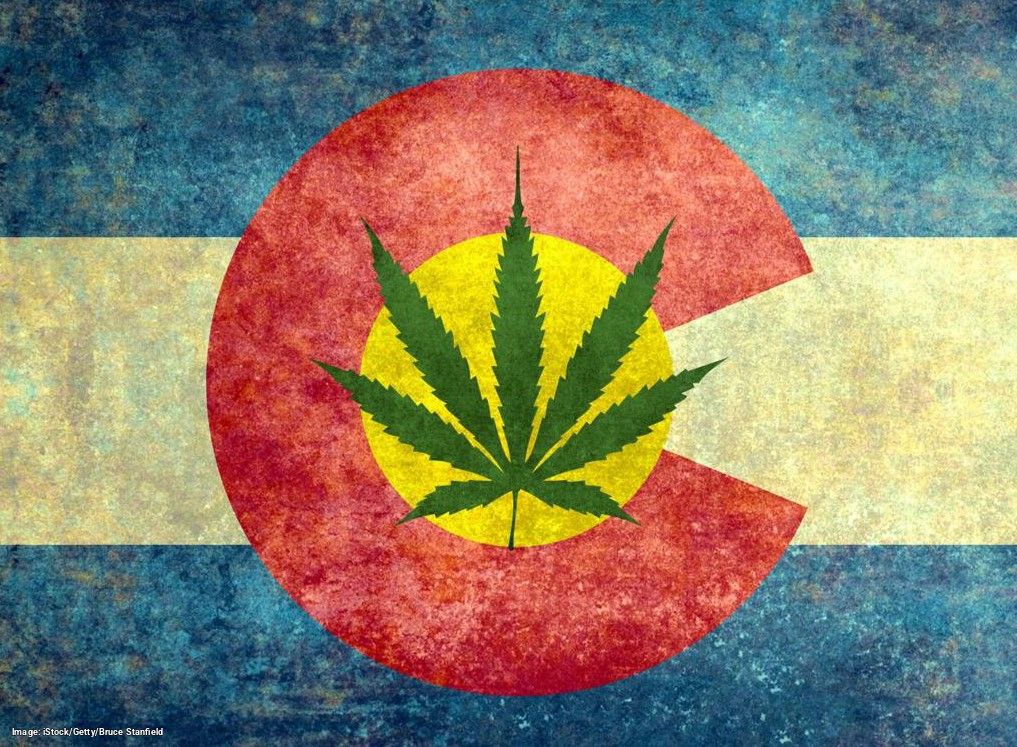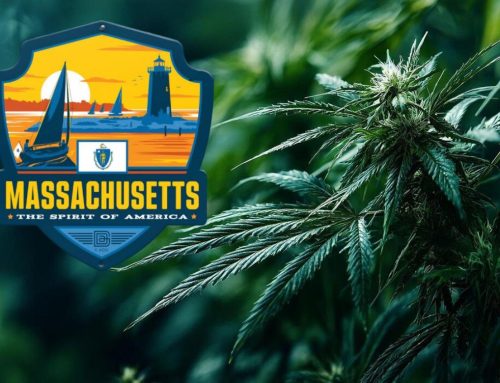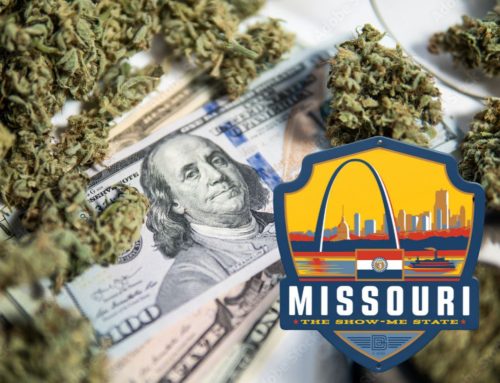Colorado Wholesale Cannabis Prices Hit Record Low
DENVER – Wholesale prices for Cannabis flower in Colorado have sunk to $649 per pound, matching the state’s lowest level on record, even as the number of licensed growers has shrunk by a quarter over the past year.
According to the Colorado Department of Revenue’s latest quarterly report, the figures mark a stubborn slide for an industry once buoyed by rapid expansion. In the third quarter of 2025, the average market rate [AMR, a median measure of wholesale transactions] reflects a market where supply reductions have failed to stem the downward pressure. While the number of recreational dispensaries in Colorado remained steady, the proportion of licensed cultivators decreased by 25% between September 2023 and September 2025. Yet prices continue to erode, dipping below the $700 threshold seen earlier this year and echoing a low first set in late 2023.
This disconnect underscores a core tension in Colorado’s mature Cannabis sector: efforts to trim excess production have not yet balanced the equation with consumer demand. Sales volume tells a similar story of contraction. Total taxable sales fell to $1.4 billion in 2024, the lowest annual tally in seven years and a 36% retreat from the $2.2 billion peak in 2021. Through the first half of 2025, monthly figures hovered around $100 million, down roughly 10% from the prior year, per revenue filings.
Analysts tracking the sector point to a cascade of factors. The post-pandemic surge in cultivation, driven by easy capital and optimistic forecasts, flooded the market with inventory that lingers today. Even with closures, aggregate output remains ample, as surviving operations scale up efficiency. Retail-side pressures compound the issue. Major chains like Lightshade and Good Chemistry have closed stores or divested assets, while brands including L’Eagle, Maggie’s Farm, A Cut Above, Verde and Dablogic have ceased operations entirely. These exits signal a winnowing process, but one that has yet to lift prices.
A quick scan of trends reveals the depth of the rut. From a brief uptick to $750 per pound in early 2024, wholesale rates have halved the distance to pre-legalization black-market norms, where street prices often ran $2,000 or more per pound. Adjusted for inflation, today’s $649 equates to about $550 in 2014 dollars, a stark illustration of commoditization. Demand-side headwinds, including flat consumer spending amid broader economic caution, have not helped. Colorado’s adult-use market, now in its 12th year, faces stiffer competition from home grows and neighboring states’ programs, siphoning volume.
Looking ahead, stabilization may hinge on external shifts. Federal rescheduling could ease banking and taxation burdens, potentially unlocking capital for Colorado operators. Interstate commerce, if realized, might redistribute supply pressures across borders. In the near term, though, the sector’s veterans see a test of resilience. Those who innovate on premium strains or vertical integration stand to weather the cycle, while the field narrows further. Colorado’s Cannabis trade, a pioneer turned cautionary tale, now bets on adaptation to reclaim equilibrium.




































